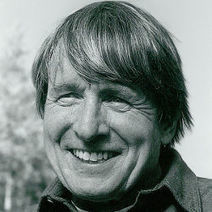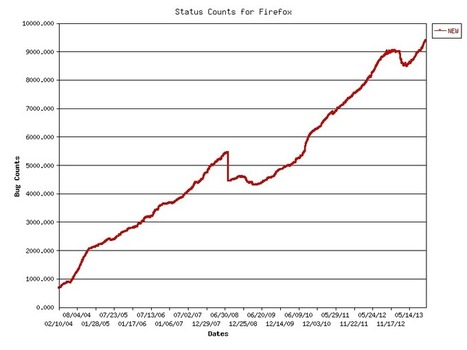John H. Holland's general theories of adaptive processes apply across biological, cognitive, social, and computational systems.
Research and publish the best content.
Get Started for FREE
Sign up with Facebook Sign up with X
I don't have a Facebook or a X account
Already have an account: Login
A few things the Symbol Research team are reading. Complex Insight is curated by Phillip Trotter (www.linkedin.com/in/phillip-trotter) from Symbol Research
Curated by
Phillip Trotter
 Your new post is loading... Your new post is loading...
 Your new post is loading... Your new post is loading...
|
|











